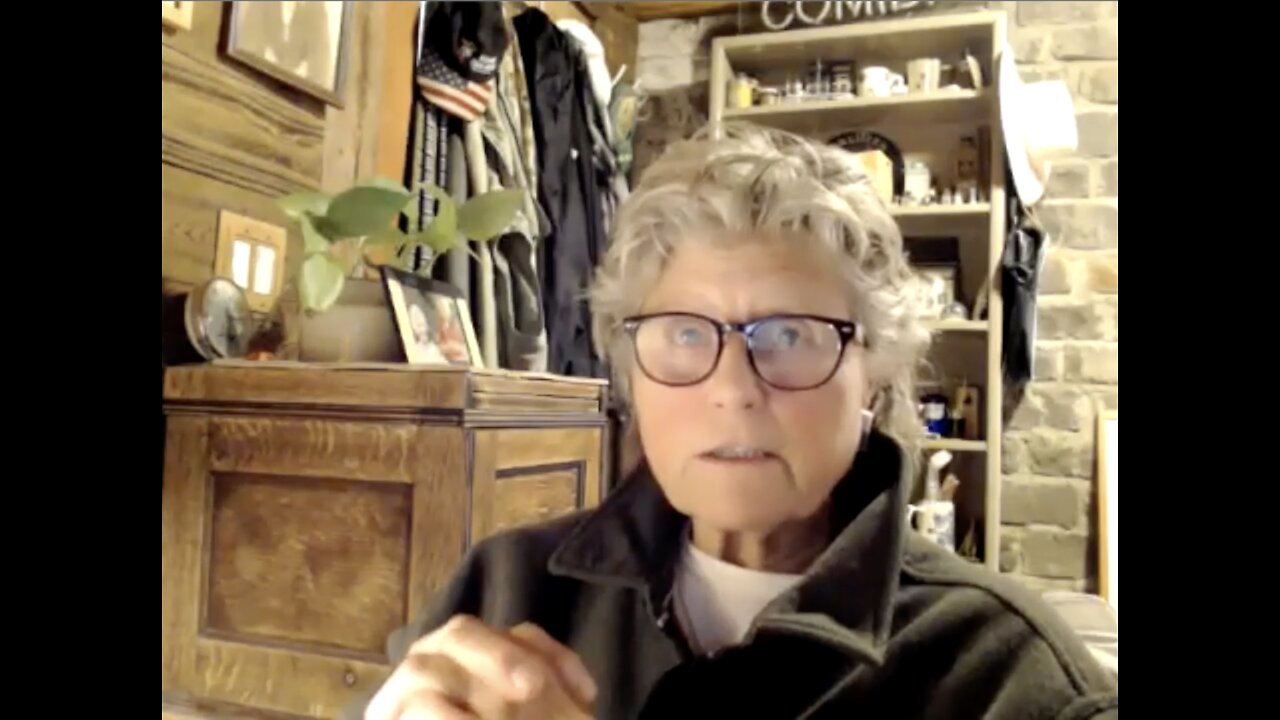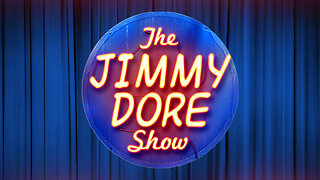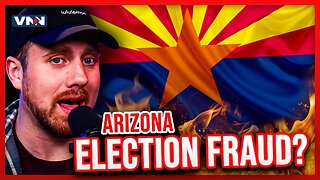Premium Only Content

A Commonsense Approach to the Gender Agenda
Part 3 of conversation with Political and Community Activist Nancy Vogl
“I believe in fundamental minority rights. Each of us has the right to be the individual we truly are.” -- Swami Beyondananda
One of our missions at Front and Center is “finding the whole truth together”, and on a practical level it means unpacking narratives that have become too volatile to talk about. In part 2 of our interview with Nancy Vogl, we addressed Critical Race Theory (CRT), and how polarized misunderstandings have put our body politic on the “critical list.”
In Part 3, we address the “gender agenda”, where individuals who don’t identify as M or F get to personally choose their own personal pronouns. To prepare for this conversation, we read the highly-controversial illustrated autobiography, “Gender Queer” which is graphic in more ways than one.
To get a “bilateral” view, we invited Nancy, who has journeyed across the political spectrum, from Republican to gay activist to evolutionary revolutionary to Common Sense Party advisory board member to offer her wisdom and perspective.
As with critical race theory, gender engenders an even more passionate and heated response, where fear interferes with rational discourse. We have come a long way from the time when gays were confined to mental institutions and put in straight-jackets. Now that the narrative has flipped, fearful straight men are worried about being put into “gay jackets”. Seriously, sexual identity has always been a “touchy” issue, particularly when it comes to men’s concern about their own masculinity. As Nancy points out, when she was a girl in the late 50s and 60s, it was acceptable for her to be a tomboy. Not so for boys who wanted to play with dolls.
The book, Gender Queer: A Memoir by Maia Kobabe, who identifies as “nonbinary” is literally a journey of self-discovery of someone born female who never, ever identified that way. While the book outraged many – particularly because it is so graphic about “nonbinary” reality – Michael and I both found it eye-opening and compelling. Why SHOULDN’T someone be able to identify any way they like, and share their story and perhaps provide perspective and support for others going through the same identity struggle? Nancy characterized it as a “suicide prevention” book. “It was life changing to some of the young people who might be considering self-harm, who might be considering that they are such an anomaly that they don't deserve to exist.”
If you’re ready for an uncommonly commonsensical conversation that will liberate you from the “binary” views on all sides, please tune in.
Gender Queer: A Memoir
by Maia Kobabe
Leadership and the New Science: Learning about Organization from an Orderly Universe
by Margaret J. Wheatley | Sep 1, 1992
-
 5:43:21
5:43:21
Barstool Gambling
8 hours agoBig Cat and Co Sweat Out the Week 10 Sunday Slate | Barstool Gambling Cave
69.4K2 -
 2:49:36
2:49:36
The Jimmy Dore Show
2 days agoRumble Time Live w/ Jimmy Dore & Special Guests Roseanne Barr, Dr. Drew, Drea de Matteo & More!
537K641 -
 17:17
17:17
DeVory Darkins
21 hours agoKamala Post-Election BOMBSHELL Exposes $1 BILLION Campaign DISASTER
64.9K147 -
 19:52
19:52
Stephen Gardner
1 day ago🔥HOLY CRAP! Trump just did the UNTHINKABLE!!
70.6K518 -
 4:34:55
4:34:55
Pepkilla
9 hours agoBlackops Terminus Zombies Boat Glitch
133K6 -
 5:50
5:50
CapEx
21 hours ago $24.35 earnedWhat the Coming & Inevitable Sovereign Debt Crisis Means for YOU | CapEx Insider
122K28 -
 1:34:00
1:34:00
Tactical Advisor
10 hours agoAR15 Giveaway WINNER/Trump Winning | Vault Room Live Stream 008
84.9K40 -
 5:41:10
5:41:10
Vigilant News Network
11 hours agoOfficials CAUGHT Changing Ballots in Arizona | The Daily Dose
134K82 -
 17:30
17:30
Forrest Galante
1 day ago5 Most Dangerous Invasive Species in the World
98.7K54 -
 38:53
38:53
Popcorn In Bed
1 day agoTOP GUN: MAVERICK | FIRST TIME WATCHING | MOVIE REACTION
109K22